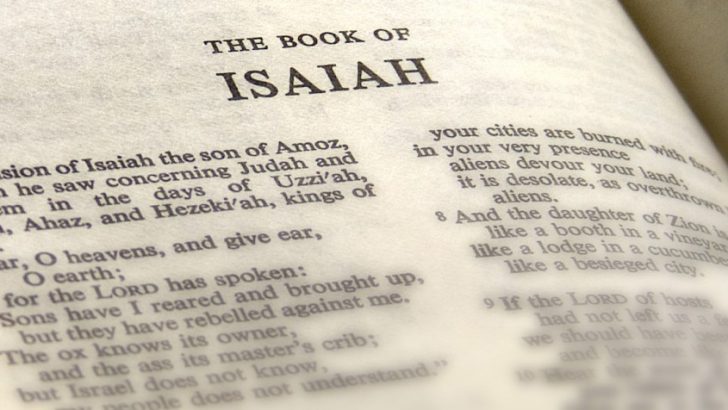“the God who calls is the God who loves, who forgives, the God who sees into our hearts and gently but very definitely coaxes us to be the very best person we can be”, writes Fr Martin Delaney
Recently I returned to my home parish for the funeral of one of my neighbours, a Kiltegan priest. Paddy had spent most of his priestly ministry in Kenya and I can remember when I was a young lad he would come home and tell us of his life and work in this far off land. I was fascinated by his ministry which seemed very challenging and yet very exciting. At Fr Paddy’s funeral Mass, I sat beside the priest who had served in our parish through all the years of my childhood. Those two men, and indeed the faith of many of my neighbours in the community, all influenced my decision to seek to become a priest.
In the days after Fr Paddy’s funeral the readings at Mass included the call of Isaiah and then the fishermen, Peter, James and John. All four of them felt very unworthy; “I am a man of unclean lips,” Isaiah protested, while Peter pleaded with Jesus: “Leave me Lord; I am a sinful man.” Despite their protestations of their unworthiness, God continues to call them to follow him and to do something special with their lives. The call is clear: “Do not be afraid… Come follow me.”
Right throughout the scriptures the defence of being ‘unworthy’ is dismissed. It is dismissed because the God who calls is the God who loves, who forgives, the God who sees into our hearts and gently but very definitely coaxes us to be the very best person we can be. God recognises the beauty and goodness which is in the heart of every human being, he recognises it even when we don’t recognise it ourselves.
That mixture of fear, unworthiness and excitement experienced by Isaiah and the fishermen brought back memories of similar feelings when I started out on this adventure of priesthood almost 37 years ago. Thank God for all those people in our lives who create the environment where God’s call can be heard and responded to.
My former bishop, Peter Birch, who accepted me to study for the priesthood, talked about such people when he wrote in 1979: “There are people in the world, men and women, priests, sisters and laity, praying, speaking, writing or just doing, with that faraway look in their eyes and with Jesus in their hearts, who disturb us and call to us. We must seek these out and listen to them.”
The excitement of a call, a vocation, an invitation to follow Jesus soon gives way to the realisation that, if we are serious about it, there will be challenges to face, disappointments to endure and commitments to be made. Isaiah, Peter, James and John discovered this, every priest and religious has discovered this, every couple that has fallen in love and committed to each other has experienced the same.
The sense of excitement and enthusiasm which we felt on the day of our wedding, ordination or final profession may be a distant memory.
But we also know that we can’t turn back the clock. In any kind of life, to be regarded at all as life, it must move. It can only go forward. In the moving forward at any stage and at every age of our lives, we are always being challenged to be more than what we are. We are reminded that there are untapped dimensions in our lives and to be full and integral people, we ought to respond to the call of God, the God who continues to say “Whom shall I send? Who will go for me?” Can we say with Isaiah: “Here I am Lord, send me?”
A prayer for lent
Truly dust we are, and to dust we shall return;
And truly yours we are, and to you we shall return.
Help this to be a time of turning round and beginning again.
Through the 40 days of Lent, help us to follow you
And to find you: in the discipline of praying
And in the drudgery of caring –
In whatever we deny ourselves,
And whatever we set ourselves to learn or do.
The Prodigal Son
The piest in the classroom had been telling the story of the Prodigal Son. He was puzzled as to how to explain the phrase, “He came to himself”. So, like any good teacher he decided to ask the class.
One bright spark came up with the following novel explanation. In his best inner city accent he graphically described how the prodigal first of all took off his coat, then his jacket, and then his shirt.
He next took off his vest and at last, “he came to himself”.


 Book of Isaiah
Book of Isaiah 